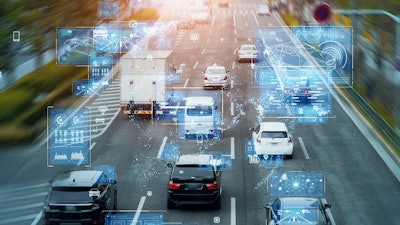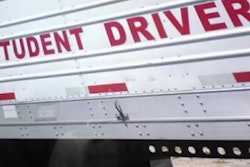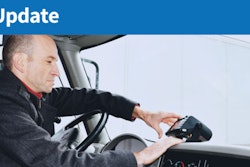
Just before a House subcommittee heard testimony from and asked questions to four witnesses in a hearing on autonomous trucks, the major trucking union weighed in on its own.
On Tuesday, the International Brotherhood of Teamsters released what it called a "guiding document" for federal policymakers to address issues with autonomous vehicles. The union said the document, Autonomous Vehicle Federal Policy Principles, "arrives at a critical time claiming accidents caused by self-driving cars and trucks "harm families and put communities at risk across the nation."
“Hundreds of thousands of Teamsters turn a key for a living, so we are fiercely committed to working with Congress and federal regulators to get AV policy right,” said Teamsters General President Sean M. O’Brien. “Strong federal AV policies must prioritize both workers and safety. Any legislation that puts workers and the general public at risk will be met with aggressive opposition by the Teamsters and our allies.”
RELATED NEWS: House hearing on autonomous trucks addresses security, safety, driver jobs
The Teamsters outlined five principles they said Congress and federal regulators ought to follow for a federal AV policy that protects workers and enforces safety standards, including:
- Regulating the vehicle: The federal government has authority over vehicle manufacturing and performance standards and must apply these authorities to self-driving cars and trucks;
- Regulating the operator: Federal Motor Carrier Safety Administration (FMCSA) regulates the driver of commercial vehicles, and the circumstances and safety conditions in which they operate;
- Regulating operations: The Dept. of Transportation and FMCSA possess numerous regulatory authorities related to the safe operations of vehicles and the ability of carriers to receive authority to begin and continue operations;
- Interaction with other laws: Congress must consider issues that may arise from the relationship between existing law and the efforts to legislate and regulate AVs; and
- Workforce impacts: Congress cannot entertain any legislative package dealing with self-driving cars and trucks that does not directly and forcefully address issues related to the workforce, and any changing operational or economic conditions that occur as the result of AV commercialization.
Congress must act as a strong appetite exists among lawmakers on both sides of the aisle to address issues with AVs. Later this week, the U.S. House of Representatives’ Transportation and Infrastructure Committee’s Subcommittee on Highways and Transit will hold a hearing to discuss self-driving trucks.
“On behalf of the 1.2 million Teamsters who either drive a truck or are expected share the road with AVs, we strongly urging the adoption of these proposals. Lawmakers need to step up and get this done now,” O’Brien said.








